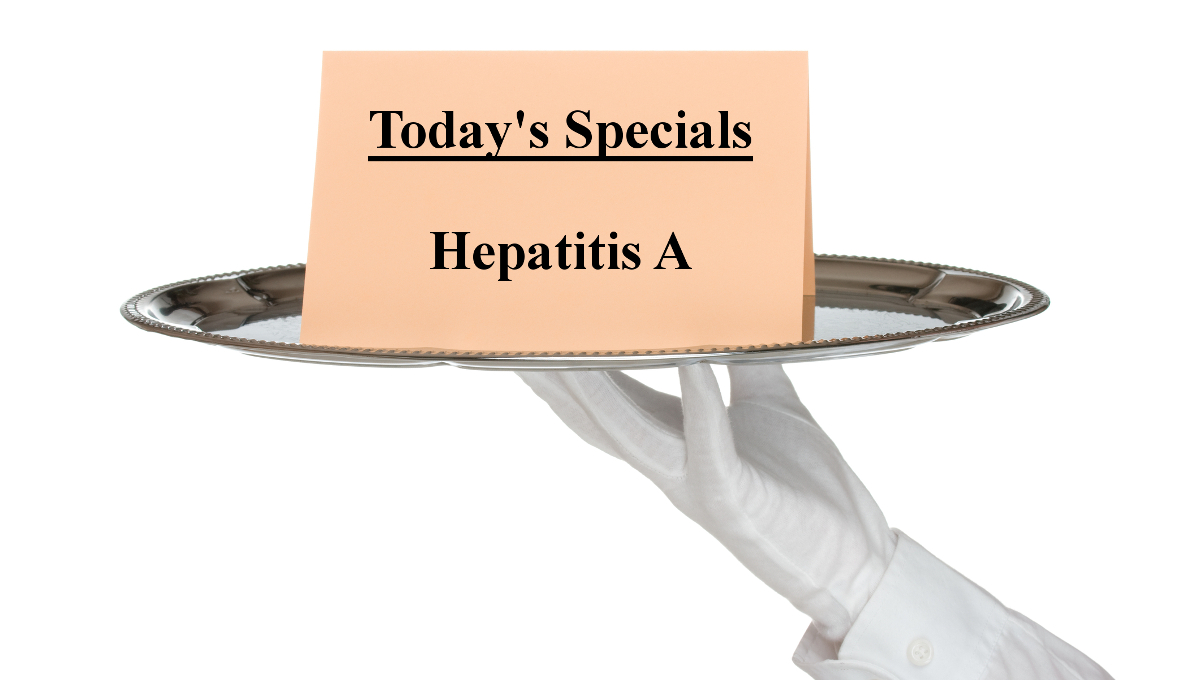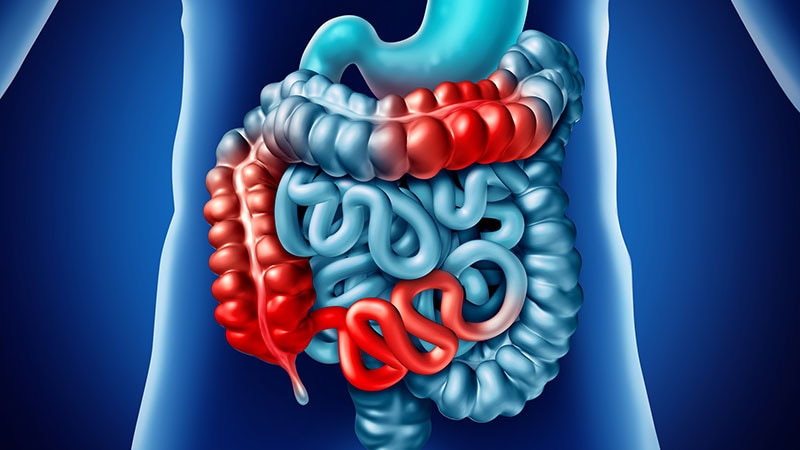The World Health Organization, UNICEF and the country’s stakeholders on nutrition discussed advancing the nutrition agenda in Uganda in a one-day symposium, convened by the Ministry of Health, under the theme Strengthening Information System for Nutrition.
The symposium aimed to provide a platform for sharing experiences on the successes and challenges of processing and disseminating nutrition information. It focused on efforts by government and nutrition partners to strengthen the collection and management of nutrition data from the health system, both at community and facility levels, and to showcase innovations to support the digitalization of reports, analysis and use of nutrition information systems in Uganda and share experiences in linking nutrition information systems across various sectors.
The Assistant Commissioner for Nutrition at the Ugandan Ministry of Health, Ms. Samalie Namukose said, “This year’s symposium comes at a time when the world stands reminded of the importance of collecting, analysing, and using data for decision making, as seen in the current COVID19 pandemic.” And Uganda, with the support of its partners and stakeholders, is working to ensure that nutrition data reflects the situation in the country and that actions are taken to close the identified gaps, she continued.
“Improved nutrition data management, dissemination, and use at national, regional, and district levels will ensure a huge push in the right direction to strengthen nutrition actions and monitor global nutrition targets,” said Dr. Bodo Bongomin WHO at the event.
“Well-nourished children stand better chances of achieving robust physical, mental and cognitive development. They tend to have better immunity against illnesses, and are likely to be more productive throughout adulthood.” –Paul Mbaka, Assistant Commissioner- Division of Health Information at the Ministry of Health.
Uganda committed to track and report on specific nutrition indicators identified by the World Health Assembly and the United Nations in the sustainable development goals. These include childhood wasting, Underweight in women of reproductive age, anaemia in women of reproductive age, low birth weight, childhood overweight, exclusive breastfeeding, overweight and obesity in women, adolescents, and children, iron supplementation, counselling on breastfeeding.
The symposium was held as part of the findings of the Uganda Nutrition Action Plan II, launched in September 2020. It aimed at one side, to increase access to and utilization of nutrition-specific services by children under 5 years, adolescent girls, pregnant and lactating women, and other vulnerable groups; on the other side to strengthen the enabling environment for scaling up nutrition-specific interventions.
The UNAPII reports that only 65.5% of infants under 6 months are exclusively breastfed, 10% of newborns are born with low birth weight, and 29% of children under five are stunted. These figures show the burden of malnutrition is still high among this group. Routine data from the ministry of health showed that the proportion of children under five found malnourished increased to 22.4% in July 2021 from 6.4% in June 2021 with the highest rise noticed in Karamoja, Kitgum, Ntoroko, Kampala, Kibale, and Mityana districts. Such increases call for further investigation to identify the underlying cause for the raise in cases to initiate an appropriate response.
Uganda’s adult population also face a malnutrition burden. According to UDHS 2016, 28.5% of women of reproductive age have anaemia, and 4.7% of adult women have diabetes, compared to 4.4% of men. Meanwhile, 8.6% of women and 1.8% of men have obesity.
To address this gap, the Ministry of Health is implementing several nutrition interventions. One such intervention is improving the tracking of nutrition indicators. WHO and UNICEF through the Ministry of Health are implementing a 4 years project on strengthening national nutrition information systems. With financial support from the European Commission, the NIS project aims to increase the uptake of nutrition information to generate evidence that supports the development of policies and programmes and the implementation and monitoring of nutrition programmes.
This project is expected to revise national Nutrition Monitoring Frameworks by filling key nutrition data gaps; refined data collection system for existing HMIS; enhanced human resource capacity for the collection, analysis, interpretation, communication and quality control of nutrition data; improve data management system; and improved dissemination of NIS information.
The symposium further discussed recommendations to advance the nutrition agenda in the country in other to ensure the good health of Ugandans, especially children under five years and pregnant women.
“There is a need to improve management of acute malnutrition service delivery through routine coaching, mentorship, and supportive supervision on integrated management of acute malnutrition as well as mortality audits.” Said Ms Nabunya Phoebe, Nutrition consultant at WHO.
The provision of close supports by the MoH and Nutrition partners including WHO to districts during planning and implementation to increase ownership and governance oversight of the nutrition services offered within the health system.
Note: This article have been indexed to our site. We do not claim legitimacy, ownership or copyright of any of the content above. To see the article at original source Click Here













